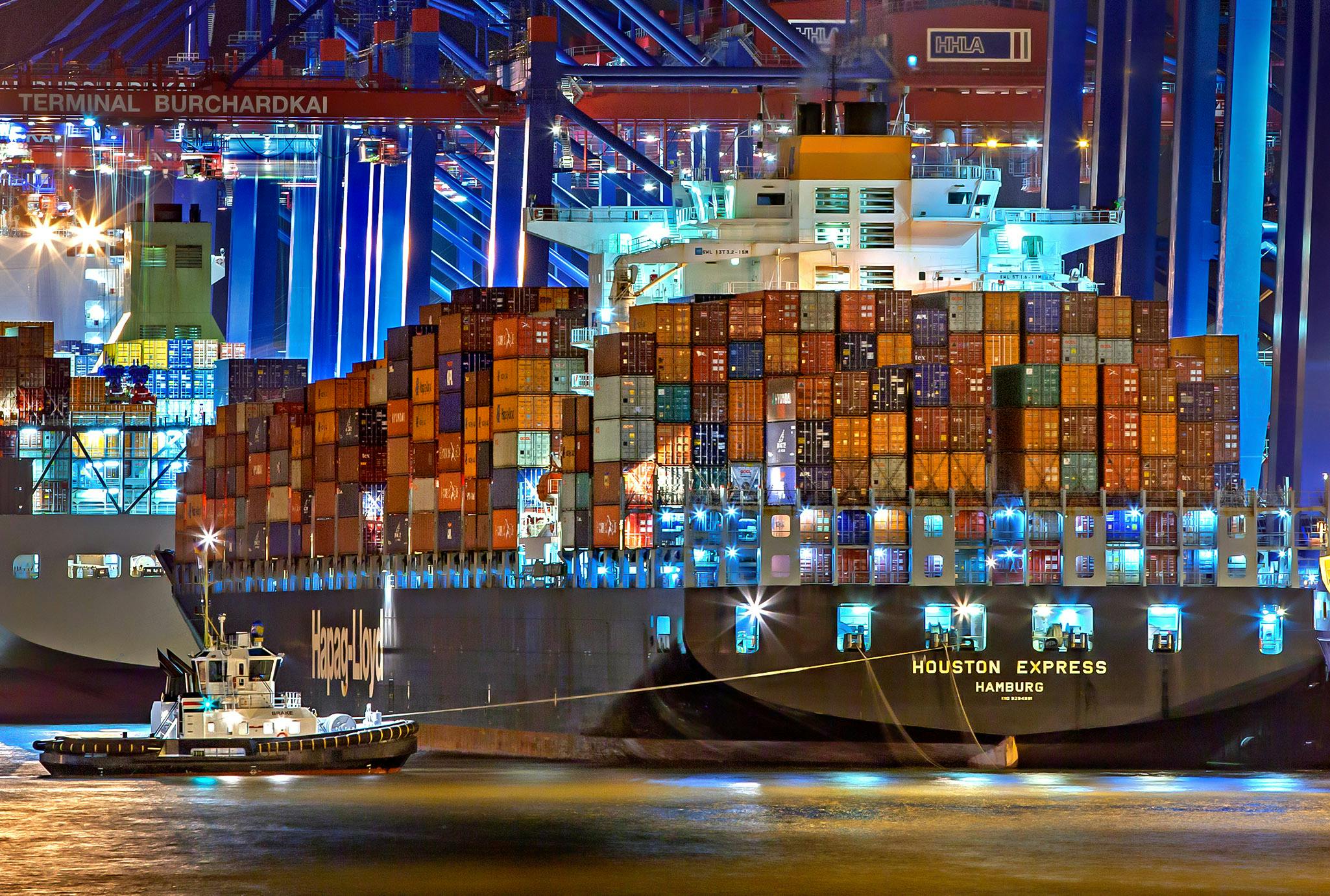International trade depends on the seamless shipping of goods across borders. However, managing the logistics of such shipments can be overwhelming, especially if you’re new to the process. This is where freight forwarders come in. But what exactly is a freight forwarder? Are they just a shipping company? Or do they play another role? In this blog, we’ll explain what freight forwarders do, how they help businesses, and how they differ from freight brokers.
A freight forwarder refers to the firm or agency that supports business entities for the transportation of products across the globe. A freight forwarder makes sure everything relating to the delivery is well set, from getting proper transport to filling out shipping papers and whatever else is needed. Freight forwarders never carry the actual shipment; rather, they handle everything required in delivering goods from one point to another.
Here’s a quick breakdown of the services freight forwarders provide:
- Ocean and Air Freight Transportation: They organize shipments by sea or air.
- Inland Transportation: Freight forwarders arrange land transport for shipments at either the origin or destination.
- Documentation: They take care of all the necessary paperwork, like customs forms, bills of lading, and invoices.
- Warehousing: They can store goods before or after shipping.
- Consolidation and Deconsolidation: Freight forwarders can merge smaller shipments into one larger shipment or break down large shipments into smaller ones.
- Cargo Insurance: They provide insurance for goods in case they are lost or damaged during transportation.
- Customs Compliance: They ensure that all shipments follow the regulations of the countries involved.
What Do Freight Forwarders Do?
A freight forwarder is a third-party professional hired to manage and coordinate logistics for shipping goods. They don’t move the goods themselves; they are acting as an agent between the shipper and carrier, which is usually the actual company sending and transporting such goods.
Some of the things freight forwarders usually do are:
- They choose the best mode of transport, whether to ship goods by sea, air, or land based on cost and speed.
- Negotiate rates: They use their network to get the best shipping rates.
- Handle storage and warehousing: They can store goods before and after shipping.
- Manage paperwork: They deal with all the complicated forms that are required when shipping goods internationally.
- Provide insurance: They ensure that goods are insured during transport.
Freight Forwarders vs Freight Brokers
There are some terms that are often interchanged, such as freight forwarder and freight broker. However, in reality, they are different; here’s how they differ:
Freight Brokers:
They are actually a middleman who connects the shippers with the carriers. They don’t take possession of the goods. They are not involved in the running of either storage or transportation. Freight brokers basically find the carrier and help make the match between the shipper and the transporter. Since they do not have the cargo, they also do not have responsibility when it becomes lost.
- Role: They connect shippers with carriers and do not hold any cargo.
- Liability: Freight brokers have no liability over any damage caused to the goods.
- Example: A small business may use a freight broker to locate a truck driver to take a shipment to a neighboring state.
Freight Forwarders:
A freight forwarder is more hands-on. They handle all aspects of the movement of goods, including transportation, storage, and paperwork. Unlike brokers, they are liable for the shipment and can provide insurance in case something goes wrong.
- Role: They oversee transport, warehousing, and documentation.
- Liability: Freight forwarders are liable for the goods being transported.
- Example: An overseas shipping company would hire a freight forwarder to handle everything from finding the best shipping method to clearing customs on their products.
Freight Forwarding Around The World
Freight forwarding is a global business, and the process may differ depending on the country you’re shipping from or to. Here’s how freight forwarding works in a few different places:
- Freight Forwarding in Canada: Freight forwarders in Canada must comply with the Canada Border Services Agency (CBSA) to ensure all shipments follow Canadian customs rules.
- Freight Forwarding in the United Kingdom: Freight forwarders are required by HMRC (Her Majesty’s Revenue and Customs) if they serve the UK. And also, if their shipment requires it, following all the regulations put in place with Brexit, especially to clear and have taxes on customs.
- United States Freight Forwarding: US-based freight forwarders are subject to the jurisdiction of the FMC (Federal Maritime Commission). They see that shipments have fulfilled US regulations, particularly security requirements, and other customs regulations, among others.
Advantages and Disadvantages of Using a Freight Forwarder
There are advantages to using a freight forwarder, but there are also disadvantages to hiring one.
Pros of Freight Forwarders:
- Professionalism: A freight forwarder is an expert in shipping internationally. They are aware of everything that is to be done globally in logistics.
- Time-Saving: They deal with the complex logistics and paperwork that will save you time and effort.
- Customs Compliance: Freight forwarders ensure that your shipment complies with all customs regulations to avoid delays.
Disadvantages of Freight Forwarders:
- Cost: Freight forwarders charge for their services, and it can be very costly depending on the size and complexity of your shipment.
- Lack of Control: Since all the activities will be handled by freight forwarders, you may feel you don’t have any control over your shipment.
- Chances of Miscommunication: The more parties are involved, the higher the chance of errors and misunderstandings. This can easily delay shipments.
Do You Need a Freight Forwarder?
Freight forwarding is one of the greatest solutions for most businesses, particularly those dealing with international shipments frequently. If you are new to exporting or importing, a freight forwarder will save you loads of time and hassle by managing the logistics and paperwork, plus ensuring that your shipment complies with all the regulations.
You, however, would not need a freight forwarder if you ship small or local orders. Other shipping companies will offer the same services as freight forwarders minus the extra charges.
Conclusion
Freight forwarders are essential players in international shipping. They take care of the complicated logistics, negotiate shipping rates, handle customs paperwork, and even provide storage and insurance for goods. Whether you’re a small business expanding internationally or a large company managing complex supply chains, a freight forwarder can help ensure that your goods get to their destination efficiently and legally.
If you are new to shipping internationally, a freight forwarder may help streamline the process and avoid costly mistakes. With the right freight forwarder, you’ll have one less headache as you take your business global.
Streamlining Cross-Border Payments with Briskpe!
International trade offers endless opportunities, but managing cross-border payments can be complicated. BriskPE simplifies international transactions with fast, secure, and cost-effective payment solutions. Enjoy competitive exchange rates, low fees, and seamless transfers directly to your account.
Focus on growing your exports while we handle the payments. Sign up today for a hassle-free global payment experience!









